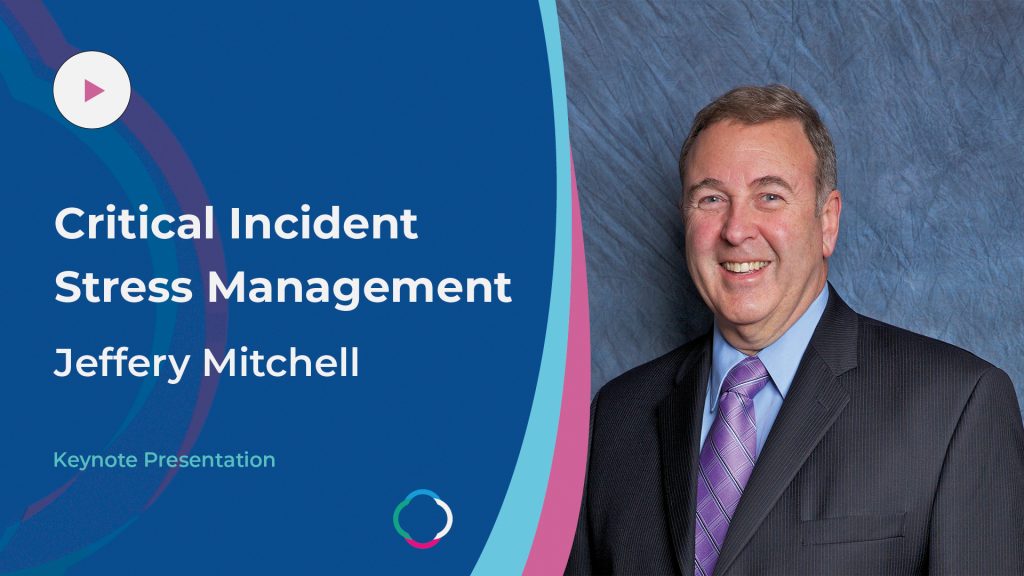Managing Anger

There is a progression of anger build-up: catch and interrupt your anger in the early stages. Irritation. Frustration. Anger. Rage. Aggression
Be in touch with your angry emotions. Learn to recognise the signals of tension and thoughts your body will give you. Anger may only be the top layer: what other emotions lie beneath your anger? Fear, hurt, guilt, sadness, confusion, overwhelmed, startled, restlessness, envy, hate. If anger isn’t managed appropriately, it may have destructive results for both you and others around you. On the positive side, well managed anger can be useful to motivate you to make positive changes.
Expressing Anger in Healthy Ways
- Learn to become more aware of what you are feeling, and recognise your anger when it occurs. Notice your particular signs that anger is building (e.g. becoming tense, short with others, developing a headache, etc.)
- Ask yourself ‘What is really bothering me?’ Notice whether it is an interaction with someone else or something inside you.
- Avoid displacing your anger toward individuals who are not the cause of your anger.
- Keep an anger log to identify the kinds of situations that provoke you. Learn to identify what triggers anger (e.g. authority figures, jealousy), what behaviours you do that are problematic (e.g. yelling, criticising, name-calling, cursing, throwing things, avoiding) and the consequences of your behaviour (e.g. others avoid you, disciplinary action, etc.). Learn what underlying emotions might lead you to get angry.
- De-escalate with a ‘time out’ when you recognise the signs of anger. Let significant others know that you may need to walk away to calm down when you’re really angry. Take a deep breath. Go to a quiet place, and continue to use deep breathing to calm down.
- Examine your options for behaving when you are angry, and visualise how you might respond.
- Recognise that you are responsible for your anger. Situations may contribute to your feeling angry, but you are responsible for how you behave.
You may be legitimately and appropriately frustrated with something, but you don’t have to be inappropriately hostile or hurtful to others. You can make choices about how you respond. Work on developing more positive behaviours to replace the negative ones.
- Learn how to assert yourself, and talk to the person who is triggering your anger. Use the physical and mental energy that is generated from feeling angry to channel your response to the situation. Help the person to see how their behaviour is affecting you in a way that they can hear and is not threatening. Use ‘I statements’ that describe how you feel, rather than accusing the other person.
- Recognise that it’s your responsibility to express yourself appropriately to others, but their responsibility to deal with their own feelings in response.
- Seek support from others when you are struggling with anger.
- Develop activities that help you cope with anger. Exercise can help to diminish feelings of agitation and frustration. Practicing relaxation techniques on a daily basis can also help in coping with anger.
- Avoid alcohol and drugs if you have anger problems.
- If you feel out of control, walk away from the situation temporarily, until you cool down. Talk to someone you trust.
Suggestions for Long Term Anger Management
It may take some time to modify the way you typically express anger
- Keep a diary of your anger outbursts, to try and understand how and why you get angry, for example particular situations, people, moods, drugs or alcohol
- Consider assertiveness training, or learning about techniques of conflict resolution
- Learn relaxation techniques, such as meditation or yoga. Relaxation can help put things in perspective. It is easy to forget to make time to relax. It can be helpful to try and put time aside each day to do something relaxing. Try writing a list of activities that you find relaxing
- Take regular exercise. People who are stressed are more likely to experience anger. Numerous worldwide studies have documented that regular exercise can improve mood and reduce stress levels. The effect may be twofold: physical exertion burns up stress chemicals, and it also boosts production of mood-regulating neurotransmitters in the brain, including endorphins and catecholamines
- If you are struggling to manage anger and angry emotions you can still contact your GP during the coronvirus pandemic to access further support and services.














